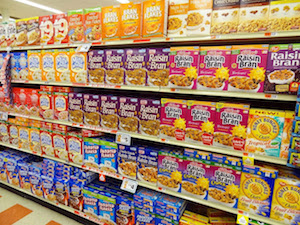 How do addictive food substances compare to other addictive chemicals? Addictive food substances are forms of plant life which have been refined or processed in order to be ingested by drinking, eating, inhaling or injecting.
How do addictive food substances compare to other addictive chemicals? Addictive food substances are forms of plant life which have been refined or processed in order to be ingested by drinking, eating, inhaling or injecting.
The refinement process facilitates quick absorption of substances into the blood stream which effectively alters brain chemistry and changes mood by flooding the brain with the neurotransmitters serotonin and dopamine.
Food addicts seek this mood change by eating refined and processed calorie-dense foods which result in short-term highs. But what goes up, must come down, and the high is followed by a long period of depressed feelings (withdrawals). In order to avoid withdrawal, the addict eats more. The food addict eats to feel better and always feels worse due to this flooding and depleting of neurotransmitters.
As with all addictions, treatment and recovery are based upon abstinence from all addictive trigger substances. The need to abstain from addictive substances is common to both alcoholics and food addicts. Treatment of food addiction begins by introducing the concept of abstinence from addictive food substances. Abstinence is the foundation of recovery.